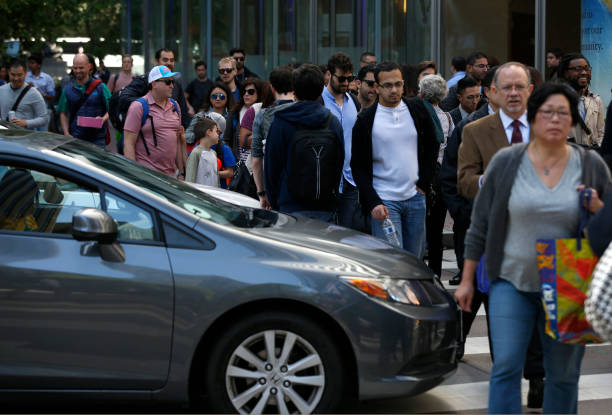A type of security order that gives a floor broker time and price discretion to secure the best possible price on a stock is known as a not held order. When a not held order is place by a broker, what that means is that he/she trusts the floor trader to get the best possible price on a stock than what the investor can get on their own. Personal judgment of the broker is used to know the best time and best price to enter or to exit a trade.
Nonetheless, a broker is held harmless with a not-held order, and they will not be responsible for any monetary losses that the investor suffers in the process. With international stocks, not-held order are common. Held order are the opposite of not-held order, which requires immediate execution since the trader is given little discretion in finding the best price.
Read Also;
- Indirect Rollover
- How to Buy Investment Property
- Five Disadvantages of Medicare Advantage Plans.
- Intel Competitors
- Target Apple Pay
How it works
An investor who intend to purchase or sell securities in a security exchange will at any given time give the floor broker the authority to determine and also the time the order will be executed. With this arrangement, the broker uses his discretion whether through cash or time to execute the order.
With foreign stock that an investor is familiar with, not-held orders are common and so authority is given to the floor broker to decide on their behalf. In a situation where the investor suffers a loss, this arrangement absolves the broker of that responsibility.
Types of Not-Held Orders
- Market Not-Held Order
With a market not held order, they order is not expected to be executed immediately. This order is made through a floor brokerage or broker, and an investor makes the request to buy or sell a security at the best possible price in the market. This is considered the most reliable way of either entering or existing a trade quickly at the current market price.
For instance, an investor gives an order to his broker or brokerage to buy 300 ABC stocks at the best possible price in the current market. In terms of commission, market orders incurs the least commissions when compared to a limit not held order since less work is required by the broker.
If a market order is requested by a trader, it means that the investor is willing to buy or sell at the asking price, and the broker who is in charge can give up the bid-ask spread. Securities that trade in high volumes are most suited to a market not held order such as ETFs, large-cap stocks, and futures.
Limit Not-Held Order
With the limit not held order, an upper and lower limit is attached, and the floor broker is given the discretion to execute the order at a specified price or good price by the investor. The broker is given the discretion to execute orders at the limit price or lower price than the specified limit by the investor. This allows the investor to pay the limit price or less.
The broker is required in a sell order to execute the trade at the limit price or a higher price. If the trade does not meet the investor requirement, the order is not executed and that means that investors may miss out on potential trading opportunities.
More control is given to the investor over the execution price, especially when they are hesitant to use a market order due to increased market volatility.
Market Orders vs Limit Orders.
The two main execution options an investor can use when buying or selling securities is the market order or limit order. With market order, there is an element of urgency, in which trades are required to executed at price deemed good and as soon as possible. In such a situation, the speed of execution is more important than the market price of a security.
On the contrary, with limit orders, there is an upper and lower price limits at which to make a purchase or sale decision. A limit order is primarily set at the price of the stock. If the current security value falls outside this specified limit of the order, the order will not be filled, and the transaction does not occur.
Advantages of Not-Held Orders.
On behalf of the investor, not held orders gives the floor broker the authority to execute buy or sell trades. The floor broker uses his discretion to determine the best price and timing to execute the order since they are familiar with trading patterns and order flows at the exchange market.
From other customers, the broker mat also receive orders which they can cross trade to satisfy existing customer orders. In view if this, the floor broker can close trades sooner, compared to when the investor Are executing trades on their own.
